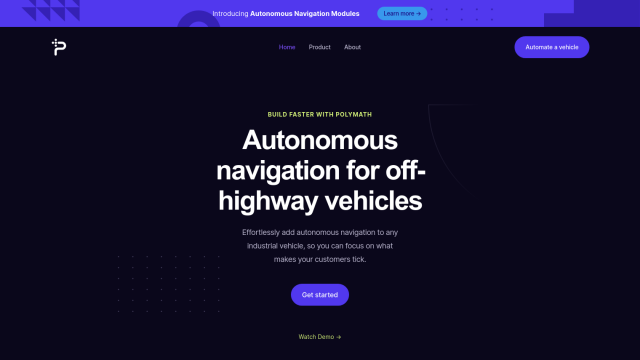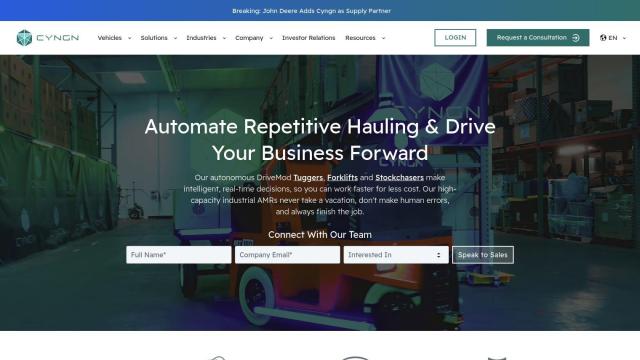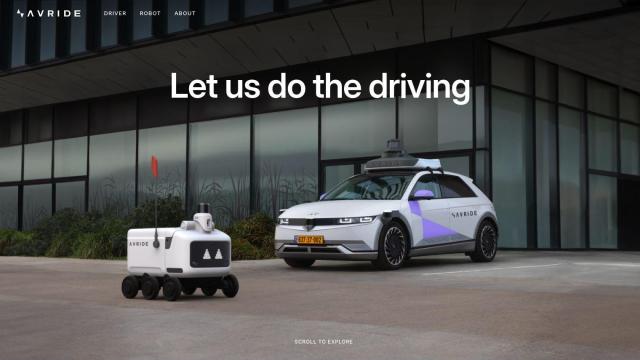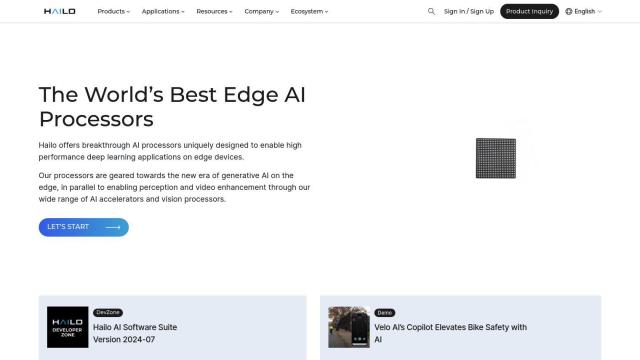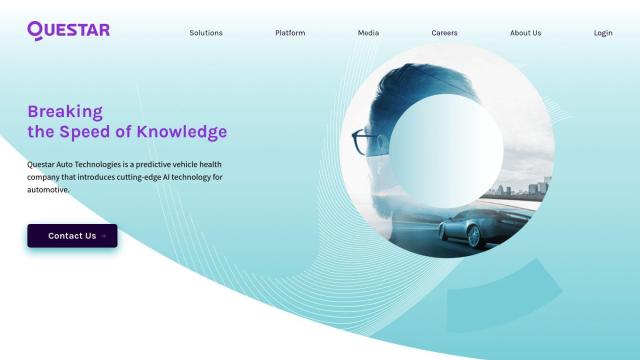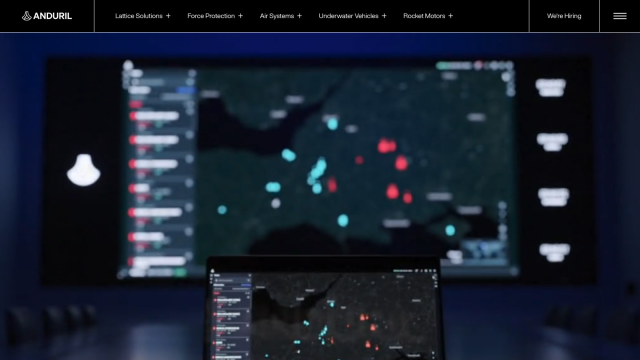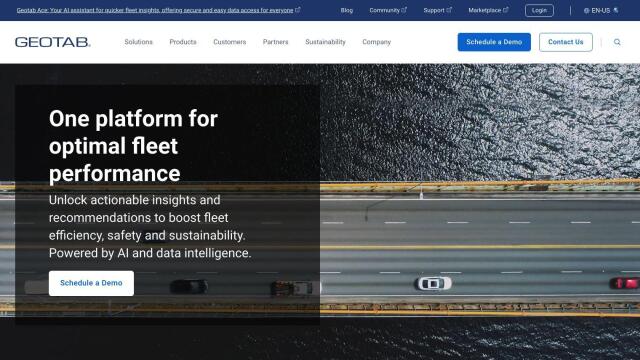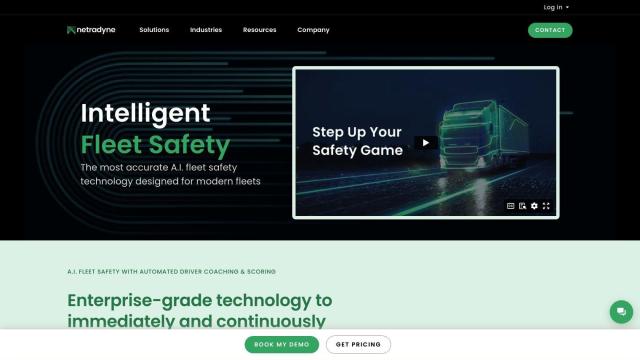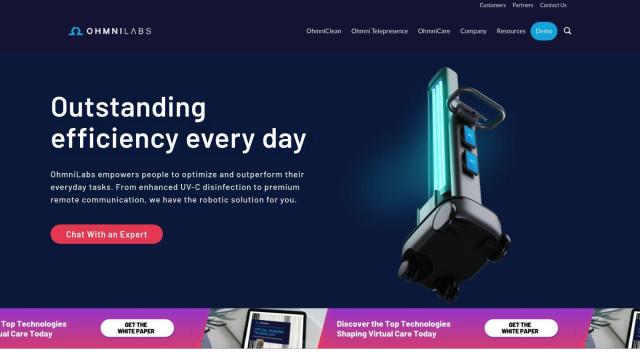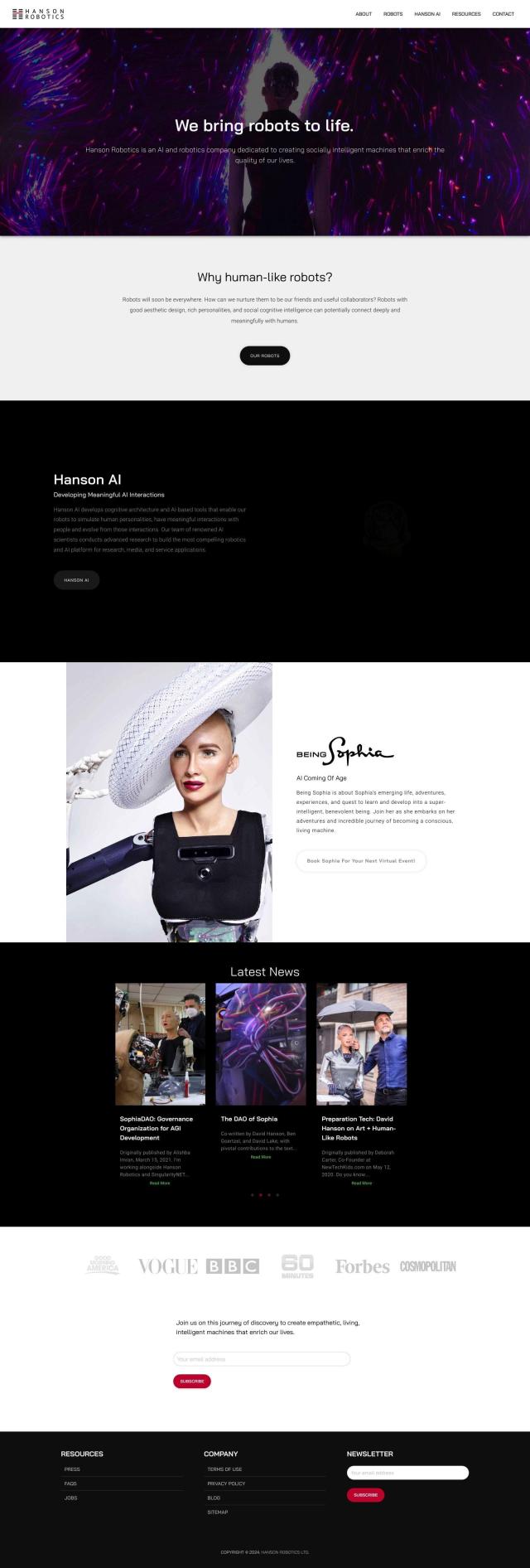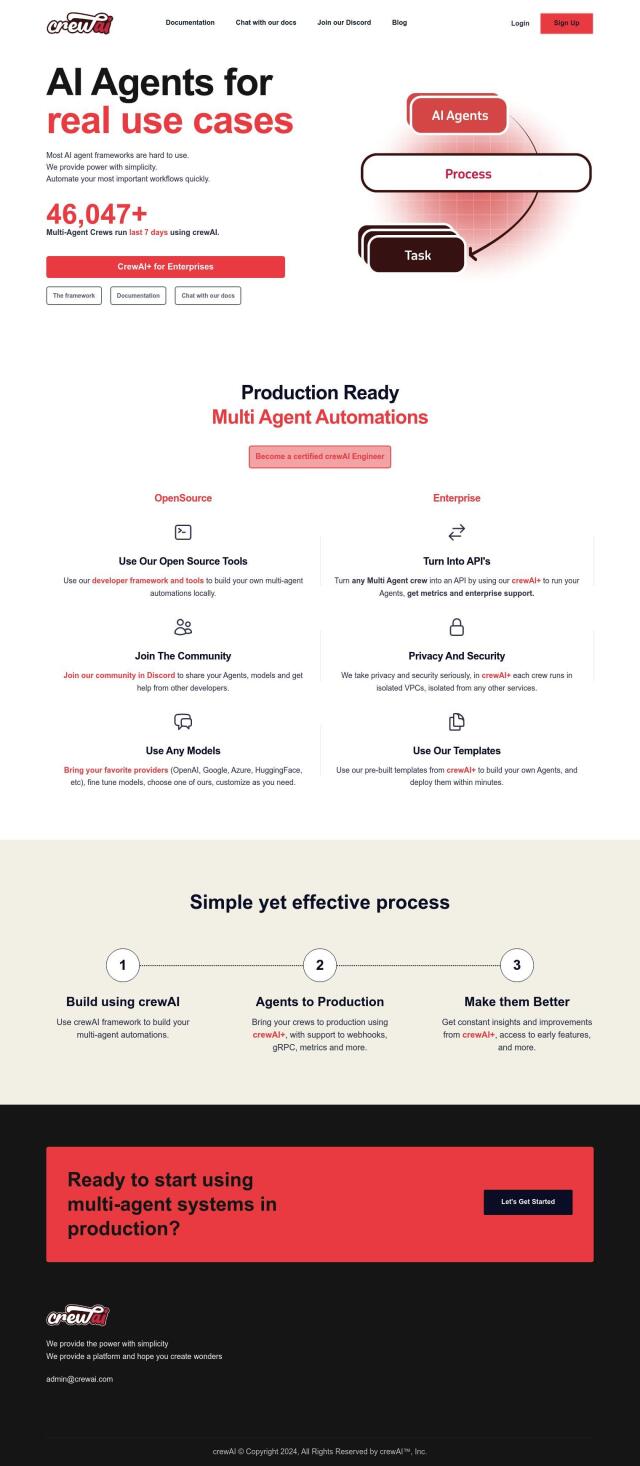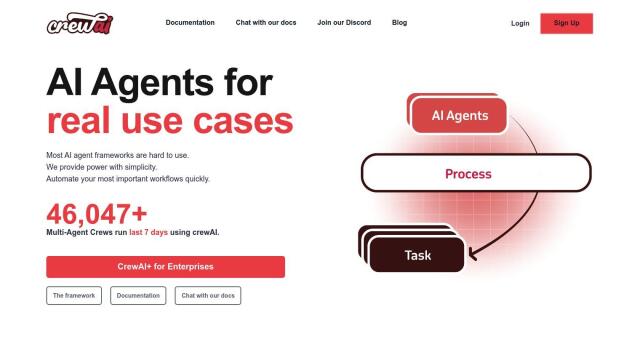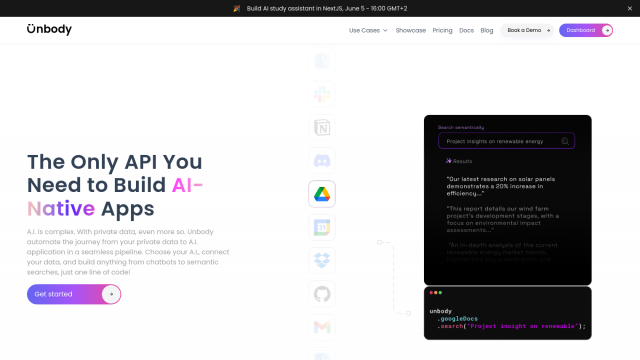Question: Do you know of an embodied AI technology that can work with various vehicle types and provide universal autonomy solutions?

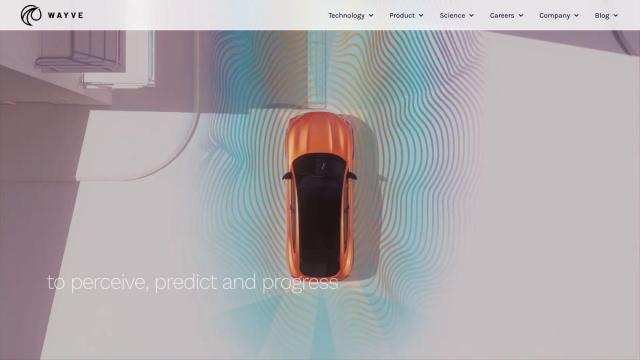
Wayve
For universal autonomy solutions across different types of vehicles, Wayve is a standout with its embodied AI technology. Wayve's autonomous driving system perceives, predicts and navigates complex environments with high accuracy and reliability. It uses a single neural network that takes raw sensor input and produces safe driving outputs without the need for labeled data or HD maps. This means it can easily be applied to new roads and cities, and works with any type of vehicle.

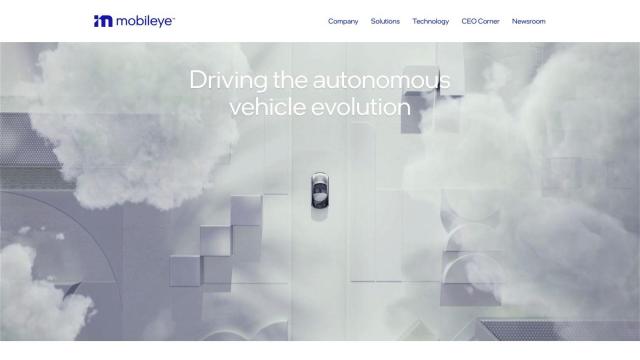
Mobileye
Another notable project is Mobileye, a major player in autonomous driving technology. Mobileye's suite of solutions includes a low-cost camera sensor, scalable system-on-chip (SoC) families, and a mathematical safety model. It offers driver-assist systems, premium driver-assist systems, and end-to-end self-driving systems. Mobileye's technology is designed to balance safety, scalability and customization, making it adaptable to a wide range of vehicle types and branded driving experiences.
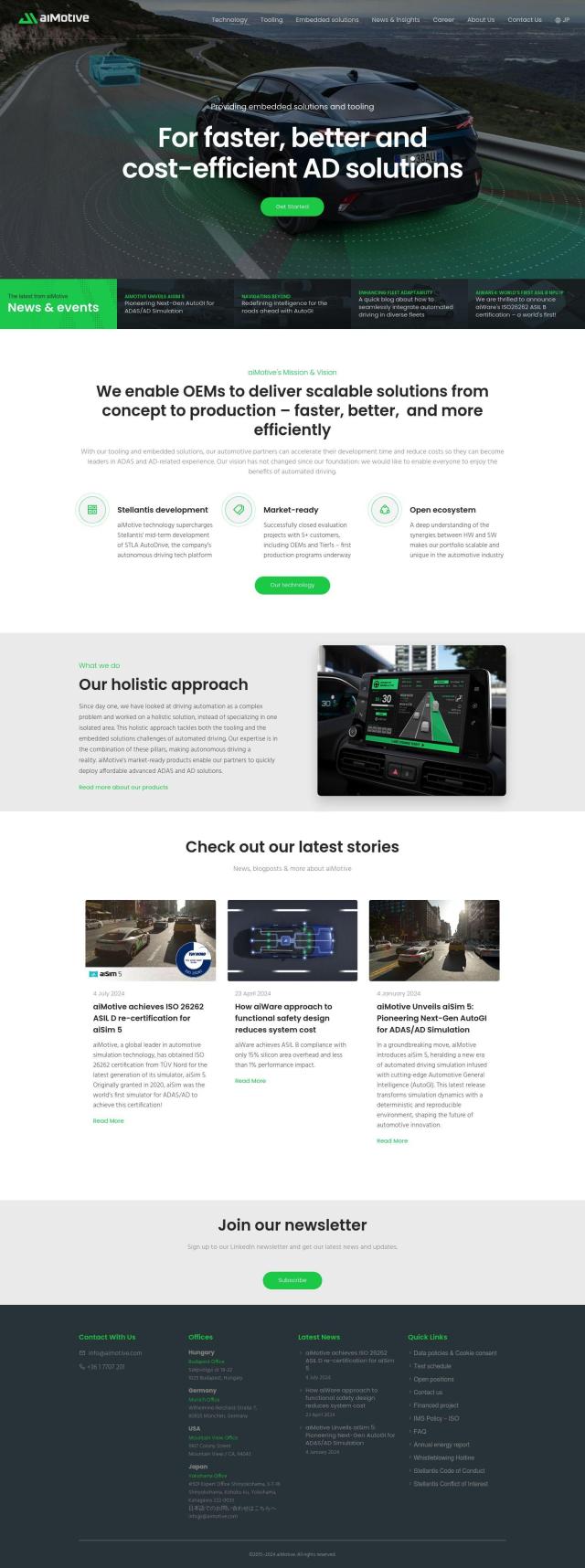

aiMotive
For a more platform-focused approach, aiMotive offers a full-stack solution for developing and validating Automated Driving (AD) software. Their platform includes aiSim for virtual validation, aiDrive for automated driving across all autonomy levels, and aiWare for low-latency automotive AI inference hardware. aiMotive's suite of tools offers a scalable and modular development process, reducing costs and ensuring automotive quality standards.

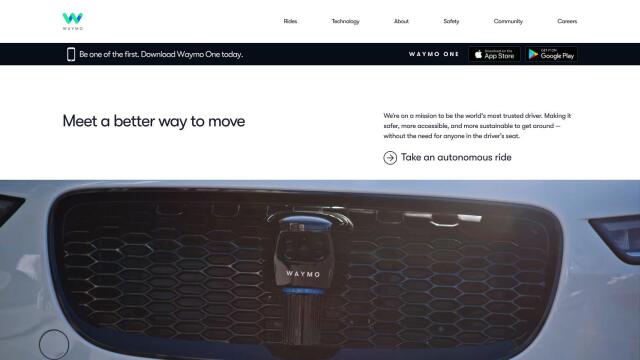
Waymo
Lastly, Waymo offers a mature self-driving ride-hailing service that prioritizes safety and sustainability. With more than 20 billion miles driven, Waymo's technology maps every intersection and uses a variety of sensors to detect road objects. Their service is designed to offer convenience and safety for passengers, with plans to expand to new cities and offer accessible and eco-friendly transportation options.

